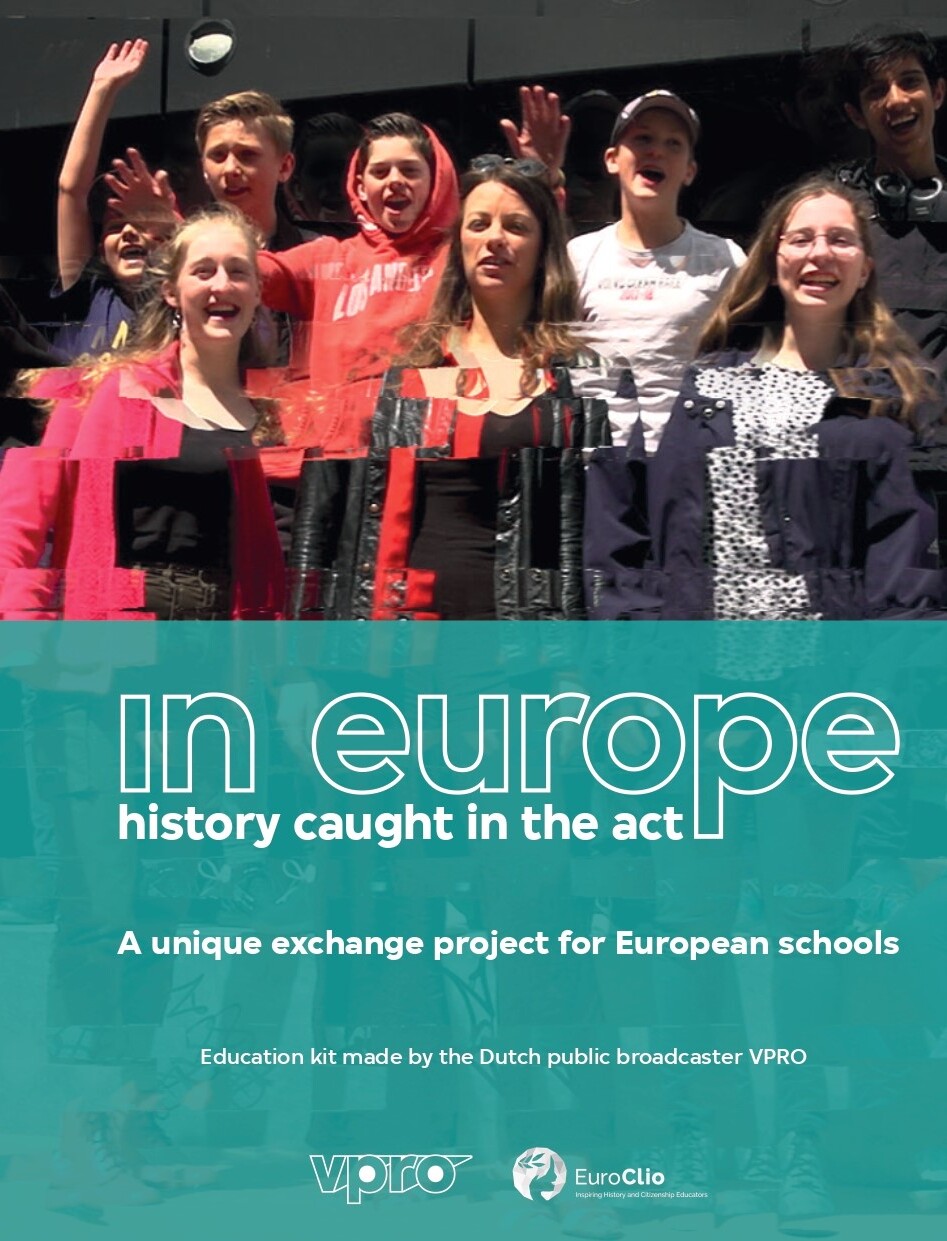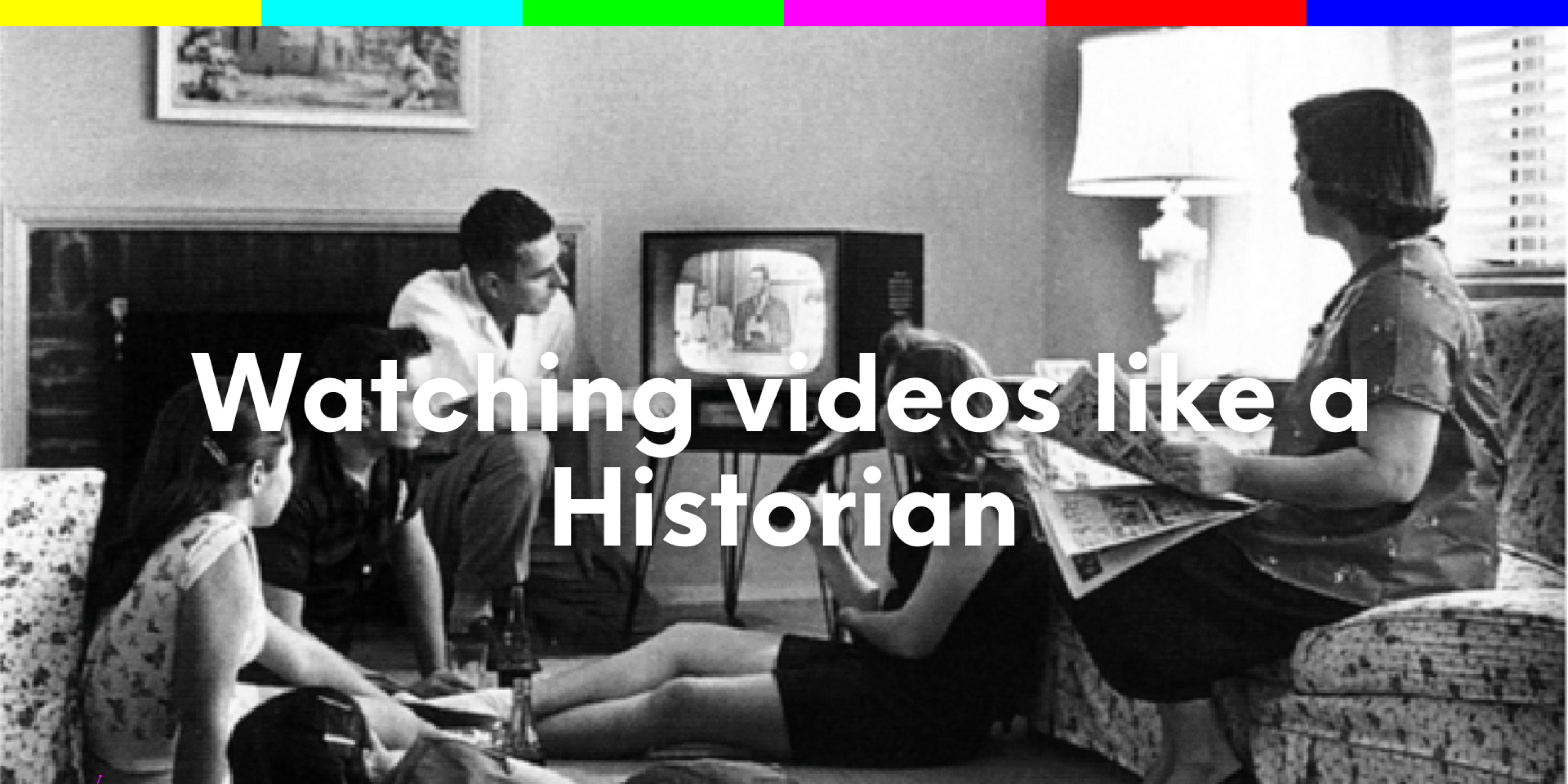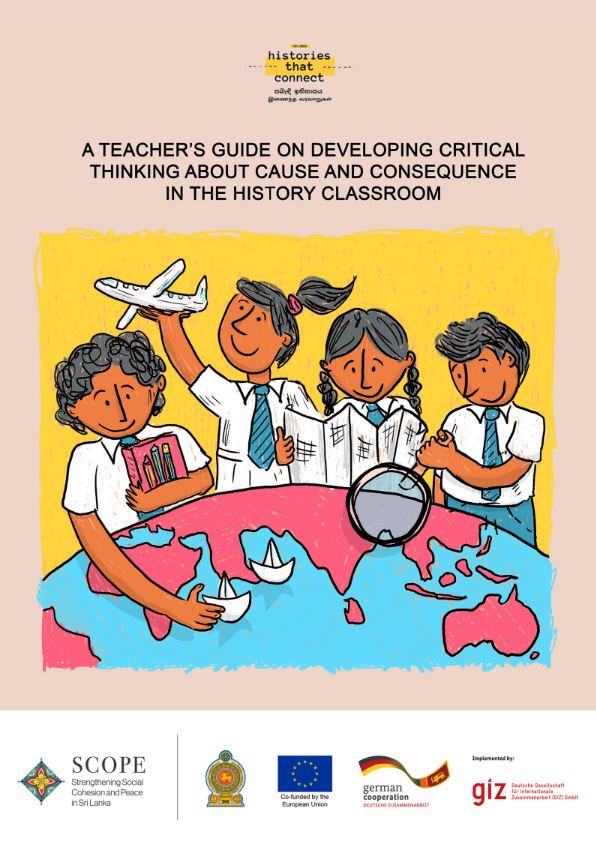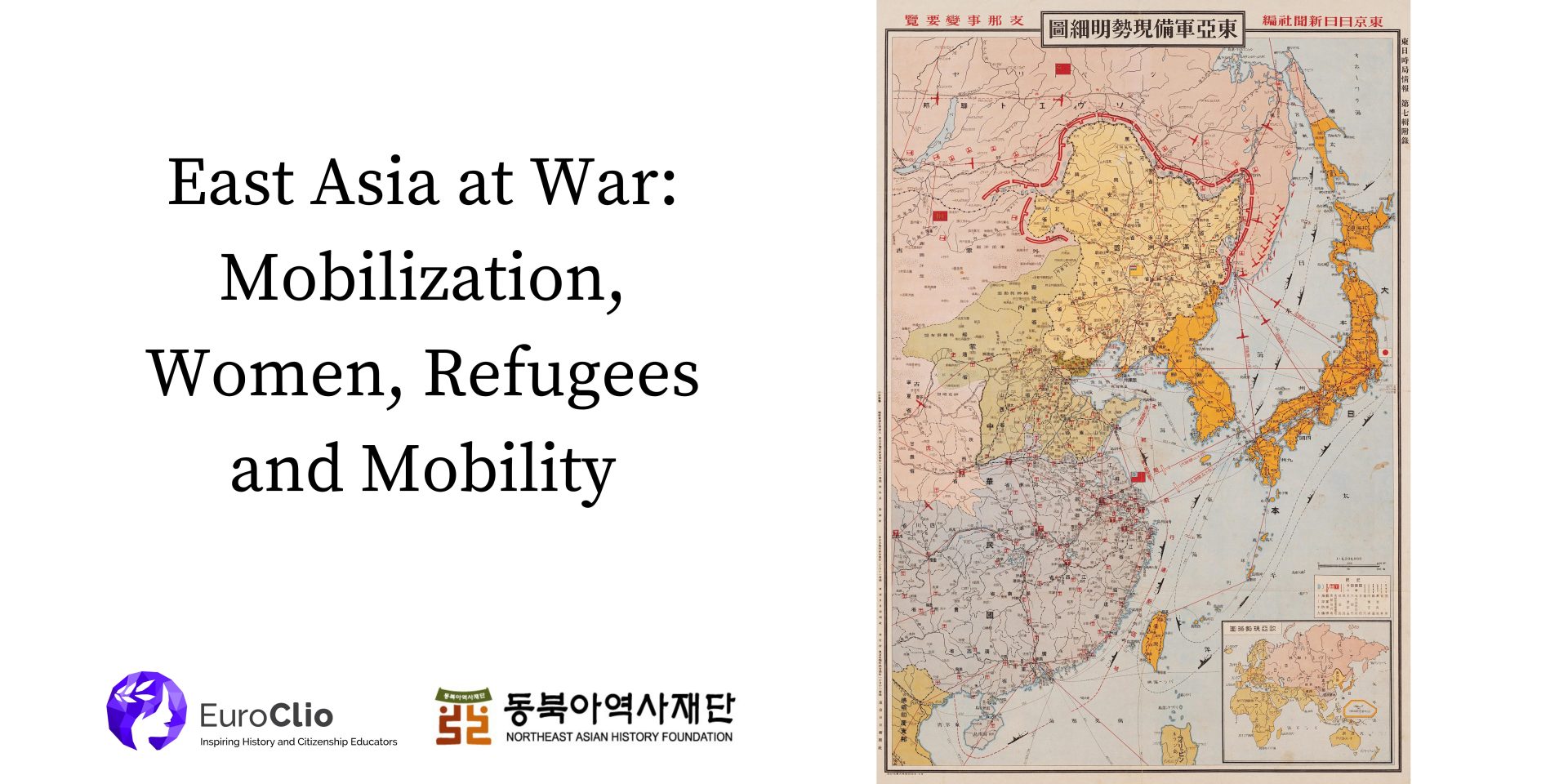Roots of Malaiyaga is a cooperative, story-driven board game that brings to life the overlooked history of the Malaiyaha Tamil community in Sri Lanka. Using game-based learning, it transforms historical understanding into an engaging experience that fosters empathy, critical reflection, and dialogue on justice, identity, dignity, and belonging.
Roots of Malaiyaga is a cooperative, story-based board game developed as a transformative learning resource to uncover the often-overlooked history of the Malaiyaha Tamil community in Sri Lanka. Spanning over 200 years and six historical eras, the game guides players through stories of migration, labor exploitation, displacement, resistance, and cultural resilience.
At the core of this resource is game-based learning, a methodology that uses play, storytelling, problem solving, and participatory action to create immersive educational experiences. By inviting learners to take active roles in navigating historical narratives, the game fosters not only knowledge acquisition but also empathy, perspective-taking, and critical analysis. This approach helps participants connect historical injustices to present realities, deepening their understanding of structural inequalities while inspiring civic responsibility and engaged citizenship.
Unlike traditional teaching methods, Roots of Malaiyaga uses game-based learning to make history an interactive, shared experience that learners can participate in. By combining storytelling, internalizing, and reflecting as a grounding practice, this tool inspires transformative learning that deepens social identity, dignity, civic awareness, empathy; and empowers participants to see themselves as active global citizens.
The game’s cooperative nature encourages dialogue, solidarity, and the recognition of multiple truths. Players are not merely passive recipients of information but active contributors, making choices, sharing reflections, and collectively envisioning just and inclusive futures. Through this process, Roots of Malaiyaga nurtures global citizenship competencies, encompassing intercultural awareness and critical thinking to civic engagement and human rights understanding.
The tool was co-created through a participatory and collaborative design process, shaped by the knowledge and insights of Malaiyaha community members, knowledge holders, educators, artists, and cultural practitioners. Community validation workshops and teacher feedback ensured historical accuracy, cultural sensitivity, and educational relevance, making the game both meaningful and engaging for diverse audiences.
Ultimately, Roots of Malaiyaga is more than a game; it is an invitation to learn, unlearn, and reimagine together, using history as a pathway toward shared futures nurturing empathy, justice, and belonging.
Download the complete resource here.
Downloadable components:
- Facilitator’s Guide
- Instructions on How to Play
- Gameplay Narration and Tasks
- Playing Cards
- Print Materials and Packaging
Please note that versions in Sinhala and Tamil langauges will be added shortly.
This educational resource has been authored by Oshan Gunathilake in the framework of the ‘Histories that Connect – Sri Lanka II‘ project, supported by Strengthening Social Cohesion and Peace in Sri Lanka (SCOPE) programme. SCOPE is co-funded by the European Union and the German Federal Foreign Office and implemented by GIZ in partnership with the Government of Sri Lanka. The content of the teacher guide does not represent the official position of the European Union, the German Federal Foreign Office, GIZ, or the Government of Sri Lanka.




